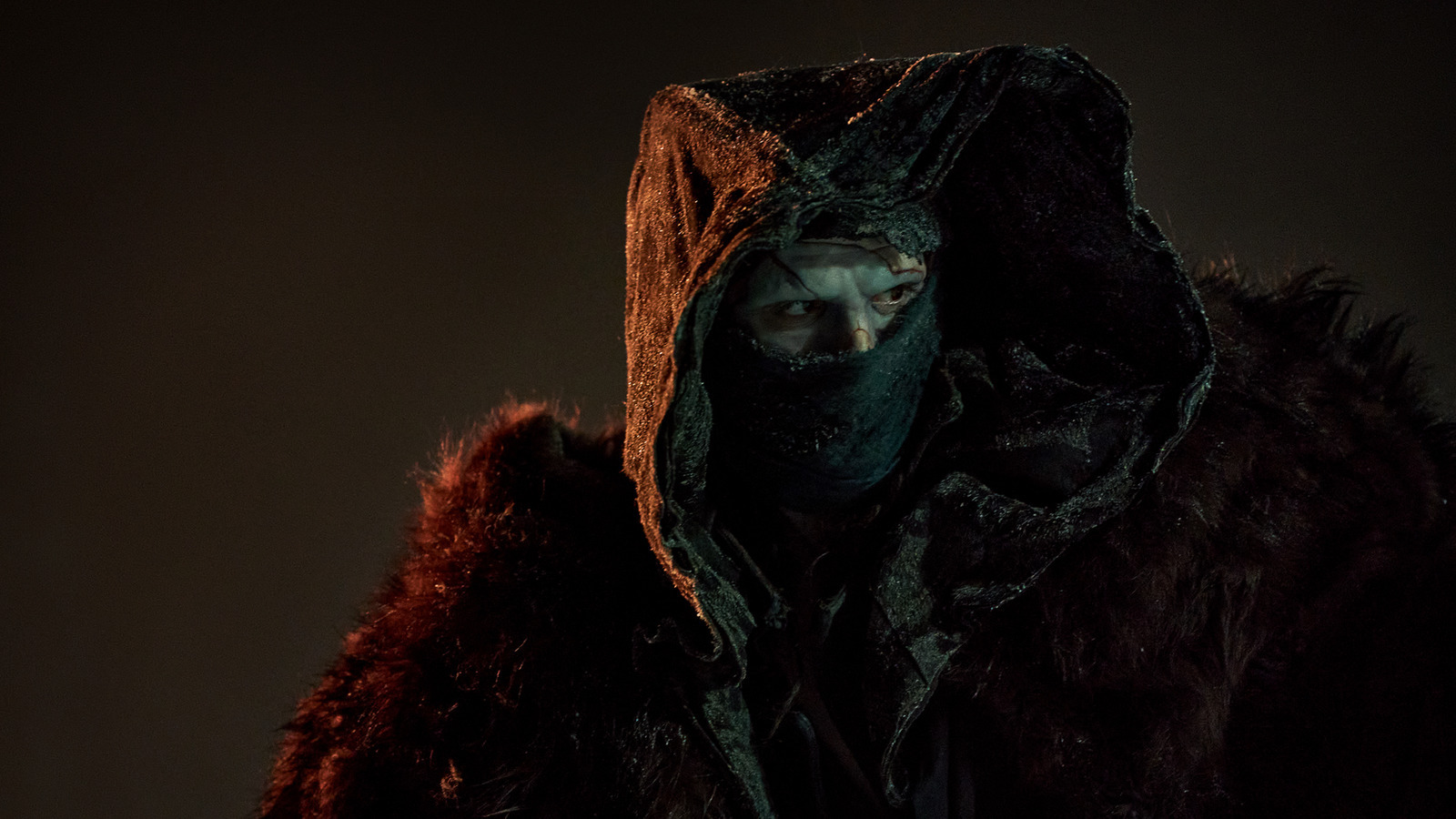Guillermo del Toro‘s adaptation of Mary Shelley’s Frankenstein launched at the Venice Film Festival this evening and the notices are coming in.
Oscar Isaac stars as Dr. Victor Frankenstein, the brilliant but egotistical scientist who brings a creature (Jacob Elordi) to life in a monstrous experiment that ultimately leads to the undoing of both the creator and his tragic creation.
The early reaction from critics on the Lido has been all over the map, with some raves, some middling scores and some who didn’t gel with the movie — or its leads — at all.
Deadline’s Pete Hammond praised the acting and directing: “[Del Toro’s] love for monsters is unquestioned, and even though Frankenstein has been a horror staple for nearly a century in cinema, del Toro here turns it into a fascinating and thoughtful tale on what it means to be a human, and who is really the monster? Do we have aspects of both in us?”
He continued: “Elordi is very fine in quite a different kind of role for him, and physically he really fits the bill. Isaac is enormously fun to watch as he slips further into madness, with a fake leg, lots of prosthetics and makeup effects, and an ego with no end.”
He was also one of many to laud the production value of the $120M movie but question the running time: “Production values are over the moon, with beautiful production design by Tamara Devenell and great creature design from Mike Hill keeping it all tight. At 2 1/2 hours it perhaps might have been shortened, but del Toro’s sandbox is so irresistible, the return to big Hollywood moviemaking so pronounced, it must be hard to stop. Once a filmmaker on the scale of del Toro gets unleashed in the lab, why cut it short?”
The Guardian described the film as “bombastic but watchable” in a three star review: “The visual style of the movie is utterly distinctive and unmistakably that of Del Toro: a series of lovely, intricate images, filigreed with infinitesimally exact cod-period detail; deep focus but also strangely depthless, like hi-tech stained glass or illustrated plates in a Victorian tome; pictures whose luxurious beauty underscores the film’s reverence for the source material and for itself, but which for me impedes the energy of horror.”
HeyUGuys also gave the film three stars: “Del Toro paints a picture of man’s hubris and the monstrosity of those who relentlessly seek something with no consideration for anyone else. Perhaps he could have done this with a more nuanced touch, but subtlety has never been a Del Toro strongpoint. This is true of the screenplay (written by Del Toro), the costumes and the set design (by Tamar Deverell). Think Mary Shelley meets Crimson Peak. If you loved that film, you’ll love this.”
Geoffrey MacNab, writing for the UK’s Independent, was ultimately unimpressed, saying “del Toro’s elegant adaptation is all show and little substance” and that “Isaac’s performance is mannered and uneven”: “Unfortunately, Frankenstein continually risks losing its footing. The film lurches between scenes of lush romantic melodrama and moments of Grand Guignol bloodletting. We know very quickly that the monster cannot die. That means any suspense risks ebbing away. For all Del Toro’s formal mastery, this Frankenstein is ultimately short of the voltage needed really to bring it to life.”
However, The Wrap was a big fan, saying: “The passion drips from every frame of del Toro’s epic reimagining… It’s a filmmaker returning to his roots at a time when he has the skills to make those roots grow into something huge and singular…His Frankenstein is a titanic piece of work, two and a half hours that bend Shelley’s framework to contain nearly everything we’ve loved about this story of the brilliant but foolhardy scientist and his fearsome creation.”
So too was The South China Morning Post which gave it 4.5/5 stars: “This ‘modern Prometheus’ tale, to borrow from Shelley’s subtitle, has been told many times on film, with varied results. But unquestionably, Del Toro’s version is the most beautiful, perhaps the most definitive…Nodding to Milton’s Paradise Lost, and the Fall of Man, Del Toro manages to create a work both scholarly and uproariously entertaining.”
The Times Of London calls the film a “camp and messy reboot” in which “Jacob Elordi lacks menace”, but Games Radar gives it four out of five stars: “Masterfully concocted and pertinent in theme, Guillermo del Toro’s Frankenstein is a classy, if somewhat safe, adaptation with awards legs.”
Variety says the director’s passion project “has been gestating so long, the master’s creation arrives overstuffed and unwieldy…What should have been the perfect pairing of artist and material proves visually ravishing, but can’t measure up to the impossibly high expectations del Toro’s fans have for the project.”
The trade adds: “In principle, del Toro has gone back to the book for his two-and-a-half-hour magnum opus, which cost more than Titanic and still looks like it was made for TV (as much as that pains me to say).”
The Hollywood Reporter saw more it liked in the movie, calling it an “emotionally charged take” on the classic story, while Indiewire gave the film a B score, praising Elordi and the scale of the film but also finding some flaws, describing it as a “big, juicy, glossy, expensive mounting of the Mary Shelley classic novel for Netflix, that lacks the voiciness, the edge, the perverse streak of del Toro’s great run of films.”
At Netflix’s Tudum event earlier this year, Del Toro called the film “the culmination of a journey that has occupied most of my life,” adding, “Monsters have become my personal belief system. There are strands of Frankenstein through my films.”
Coming off his third Oscar win for Guillermo del Toro’s Pinocchio, another literary adaptation for Netflix, Del Toro’s Frankenstein also stars Mia Goth (X), Felix Kammerer (All Quiet on the Western Front), Lars Mikkelsen (The Witcher), David Bradley (Guillermo del Toro’s Pinocchio), Christian Convery (Sweet Tooth), Charles Dance (Game of Thrones) and Christoph Waltz (Inglourious Basterds).
Del Toro directed from his own script and produced alongside J. Miles Dale and Scott Stuber.
Source link


